
Millions Season Food Wrongly — Turning Seasoning into a Hidden “Poison”
Many of us think seasoning food is trivial — sprinkle a little salt, pepper, MSG, or fish sauce, and our dish is done. But according to Tạp Chí Đời Sống, doing it at the wrong moment or in the wrong way can not only ruin flavor but even produce harmful compounds. tapchinuocmy.com
Below is a refined, deeper version—explaining what the article claims, what science supports (or disputes), and safer practices.
What the Article Claims
1. Pepper Should Be Added Only After Cooking
The article warns that if you put black pepper into food before cooking, high heat may convert compounds in pepper into carcinogens. Therefore, it recommends sprinkling pepper only after the food is fully cooked. tapchinuocmy.com
2. Salt, When Misused, Can Become Dangerous
-
It states that typical seasonings like salt, sugar, MSG, seasoning powders are foundational to Vietnamese cuisine—but using them improperly (wrong timing or quantity) can turn them harmful. tapchinuocmy.com
-
The article suggests that when oil exceeds 180 °C, salt may react and produce nitrosamines, harmful compounds linked to cancer risk. Also, iodine in iodized salt may evaporate at high heat, reducing its nutritional value. tapchinuocmy.com
-
It adds that coarse salt can scratch iron pans (damaging protective layers) and in nonstick pans high temperature plus abrasive salt might damage the coating. tapchinuocmy.com
3. Seasoning Recommendations for Different Food Types
-
Salt: The article says depending on the dish, you may season early or later (e.g. in stews, wait for flavor from bones first, then adjust salt). For stir-fry, it suggests adding salt into the heated oil briefly before adding the main ingredients, which (the article claims) helps eliminate ~95% of aflatoxin contamination. tapchinuocmy.com
-
Fish sauce: Because of its delicate aroma and proteins, fish sauce should not be boiled for long. Add it near the end (especially in soups) to preserve flavor and prevent protein breakdown. tapchinuocmy.com
-
Sugar: Because sugar can burn, it’s best used sparingly. For sweeter flavor, the article suggests using it later or in separate sauce layers rather than early in the cooking. tapchinuocmy.com
-
MSG / Seasoning powder: Best added after cooking rather than early. Over-use early may induce bitterness or negative reactions. tapchinuocmy.com
-
Vinegar / acid: Useful for de-fatting, softening cellulose in vegetables, and balancing flavors. The article suggests adding some vinegar early and more near the end or at serving, depending on recipe type. tapchinuocmy.com
4. Timing by Food Type
-
Leafy greens: Season ~30 seconds before finishing to retain crispness, color, and vitamins. Some exceptions like spinach or amaranth (rau dền) may benefit from a small bit of salt during blanching to reduce bitterness. tapchinuocmy.com
-
Vegetables / root veggies: For stir-fried veggies, wait until partial browning (3–5 min) before salting, then give a final toss. tapchinuocmy.com
-
Meat / poultry / fish: Season twice—once in the marinade (modest amount) and once near the final stage (80–90% cooked) to adjust taste without drawing moisture out prematurely. In stews, delay salt until after ~15–20 minutes. tapchinuocmy.com
-
Bean / tofu: After a brief sear to set surface, then salt so it absorbs but doesn’t dry or get rubbery. tapchinuocmy.com
-
Soups / stocks: Season twice—once when the broth begins, and again just before removing from heat to fine-tune flavor. Some soups (egg soup, tomato soup) require salt near the end so they don’t curdle or separate. tapchinuocmy.com
They also cite WHO guidance: adults should consume at most 5 g of salt per day (about one teaspoon), and must count hidden salts from soy sauce, fish sauce, pickles, etc. tapchinuocmy.com
What Science & Experts Say
Several claims in the article align with known food chemistry, but others require caution. Here’s a more balanced view:
Pepper and Carcinogens?
-
Black pepper contains piperine, which at high heat can degrade, but published evidence of pepper turning into cancer-forming compounds under normal cooking is limited.
-
Most cooking at home doesn’t reach temperatures that cause major harmful transformations. Still, adding pepper late preserves aroma and volatile compounds.
Salt & Nitrosamines
-
Nitrosamines are compounds that may form when nitrates/nitrites interact with proteins under high heat; these are more associated with processed meats than plain iodized salt.
-
The claim about salt producing nitrosamines in oil at 180 °C is not well supported in peer-reviewed literature. More commonly, food additives or preservation chemicals may pose nitrosamine risk.
-
Iodine loss at high heat is plausible (iodized salt can lose iodine when excessively heated), so seasoning later helps preserve trace nutrients.
Seasoning Timing & Flavor / Texture
-
Many chefs and culinary scientists agree: for tender meats, salt added too early can draw moisture; seasoning later helps retain juiciness.
-
For vegetables, early salt can draw water, making them soggy—adding near the end often preserves texture.
-
For soups and sauces, layering salt (early and just before serving) is common professional practice to build depth and prevent over-salting.
Salt Intake & Health
-
The WHO guideline of ≤5 g salt/day is accepted broadly for reducing hypertension risk and cardiovascular disease.
-
Hidden sodium from sauces, condiments, and preserved foods are major contributors to excess intake.
Practical Tips & Safer Seasoning Techniques
To put these ideas into practice safely:
-
Season in stages: Use minimal salt early, then adjust with finishing salt near the end.
-
Add aromatic spices (pepper, herbs) late to preserve fragrance and reduce chance of degradation.
-
Use iodized salt but add some after cooking to preserve iodine content.
-
For high-heat cooking (stir-fries), avoid pooling salt in the hot oil—dissolve or mix into sauce first.
-
Taste frequently during cooking to fine-tune seasoning rather than overshoot.
-
Be cautious with high-salt condiments (soy sauce, fish sauce)—use sparingly and account for their sodium.
-
Use low-sodium or alternative seasonings (herbs, acids, spices) to reduce total salt burden.
-
Train your palate to prefer less sodium over time—gradual reduction helps adaptation.
News in the same category


A Fruit Called the “Best of the 21st Century” — Grown in Many Vietnamese Gardens, Yet Rarely Eaten

Be Careful When Buying Cooking Oil — If You See These Three Words, It's a “Blended Oil”

If Your Household Regularly Uses Mẻ in Cooking — Be Sure to Read This Carefully!

9 Foods to Eat Frequently to Prevent Memory Decline and Keep Your Brain Sharp with Age
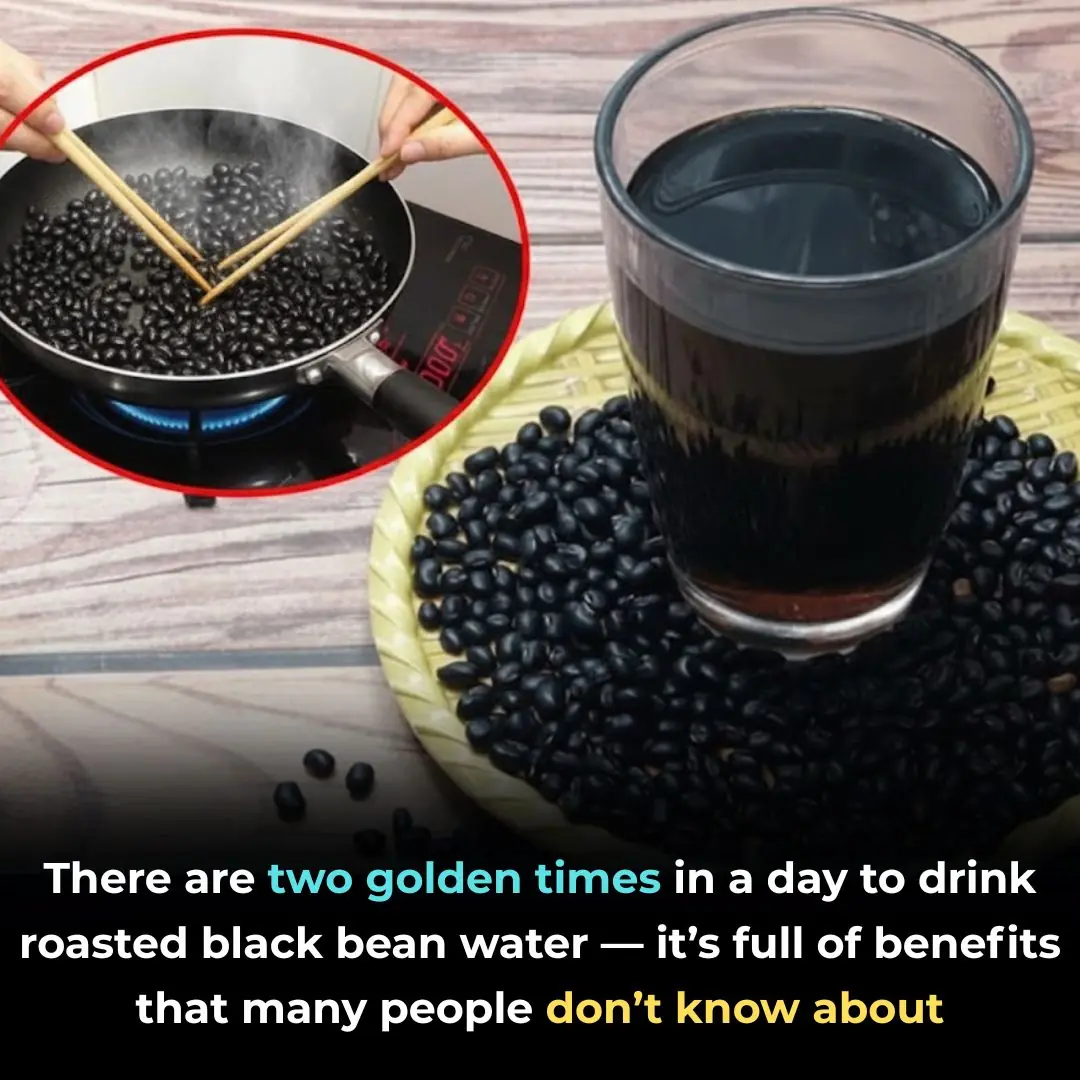
Two “Golden Times” in the Day to Drink Roasted Black Bean Water — Big Benefits You Might Not Know
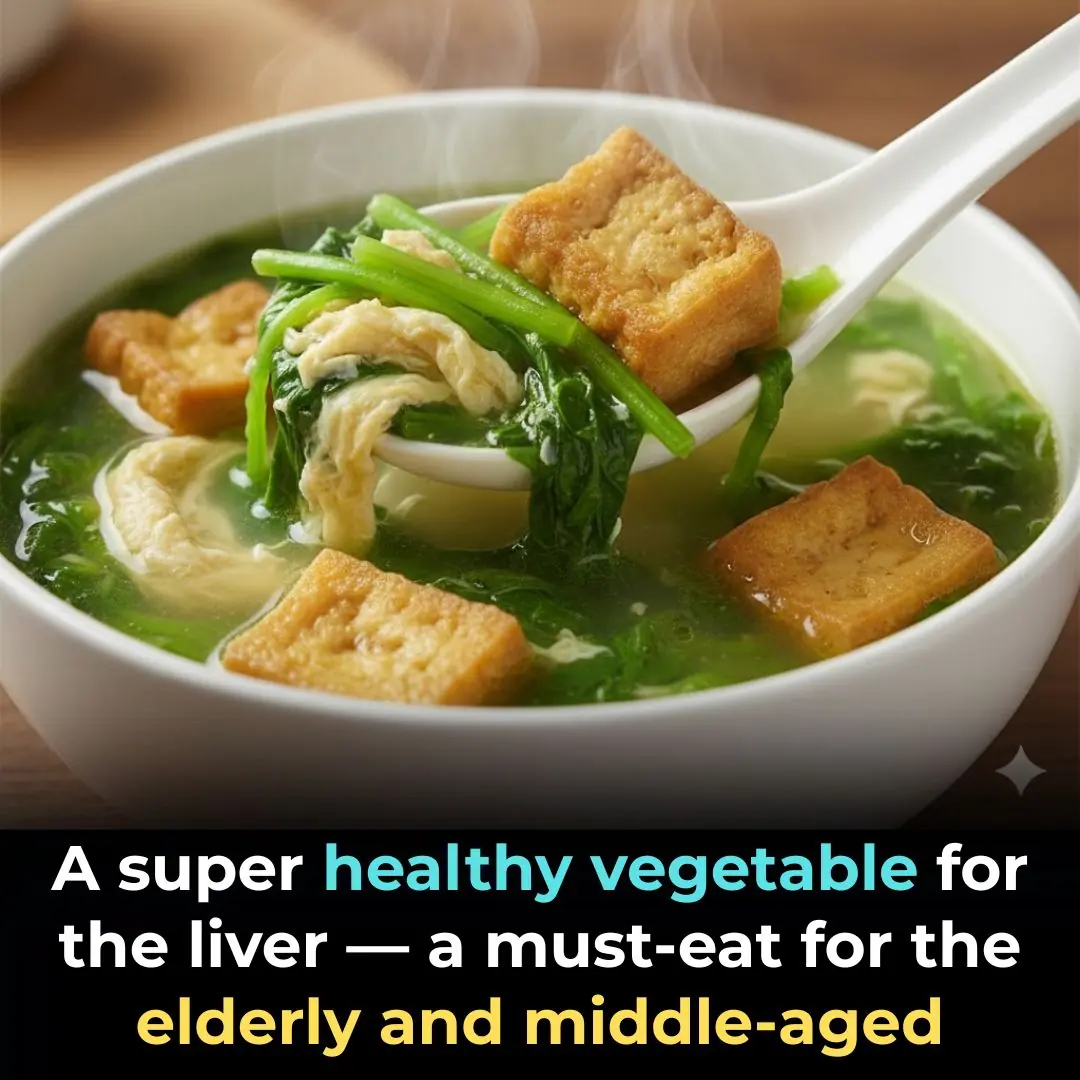
The Super Vegetable You Must Eat for Liver Health — Especially for Elders and Midlifers

Man accidentally purchases Tesla that's banned from all supercharger stations

Scientists are warning that over 100 million buildings could end up underwater as sea levels keep rising

Giving Back: 6-Year-Old Feeds Homeless For Her Birthday

This 4-Year-Old Honorary Librarian Has to be the Cutest and Most Well Read Kid Ever

Pamela R. Goodwine Becomes First Black Woman Elected to Kentucky Supreme Court

This Daughter Gave Her Dad The Perfect Shirt To Celebrate Him Being Cancer-Free

Atlanta’s First Black Mayor’s Childhood Home to Serve as Affordable Housing for Spelman Staff

Artist Jade Yasmeen Creates The First Hyperrealistic Portrait Of Harriet Tubman In Color

‘He Still Talking About Her’: Devon Franklin Says He Struggled for a Year After Divorce While Meagan Good Took Steps to Move On

Easy Ways to Clean Your Phone Speaker at Home — Almost Anyone Can Do It

Mix Toothpaste with Medicated Oil: A Handy Household Hack You’ll Want to Try

Don’t Marinate Beef with Salt Alone — Use This Trick to Make It Tender, Juicy, and Flavorful
News Post

The general director found out that the cleaning lady was fluent in nine languages and immediately offered her a new position.

How to deodorize bathroom and toilet extremely effectively

Turning on the air conditioner at night at 28 degrees Celsius, thinking it would save electricity, turned out to be a mistake: This is the appropriate level, should be fixed immediately.
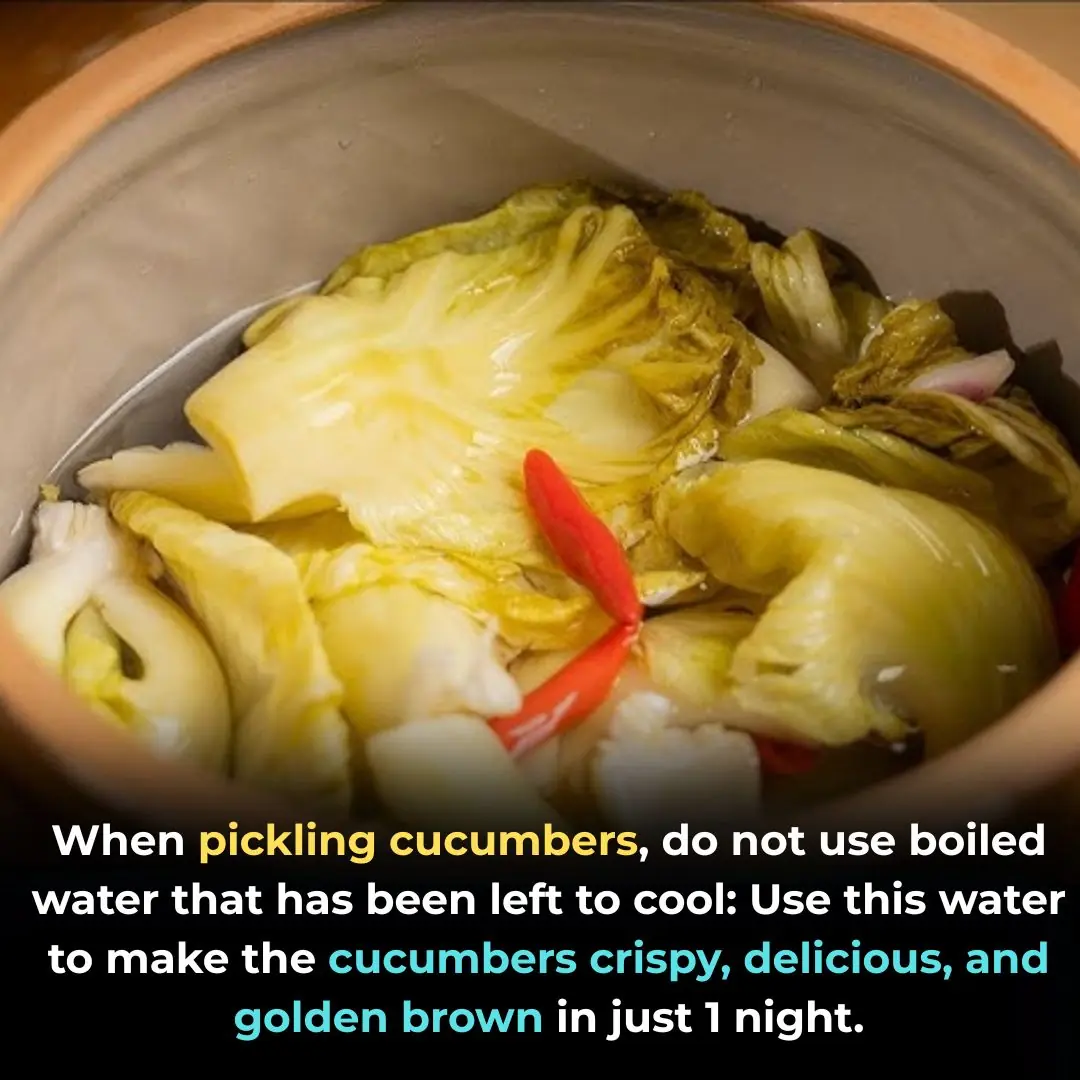
When pickling cucumbers, do not use boiled water that has been left to cool: Use this water to make the cucumbers crispy, delicious, and golden brown in just 1 night.

Washing machines accumulate a lot of dirt and bacteria: Pour this bowl into the washing machine to clean it like new and have fresh smelling clothes immediately.
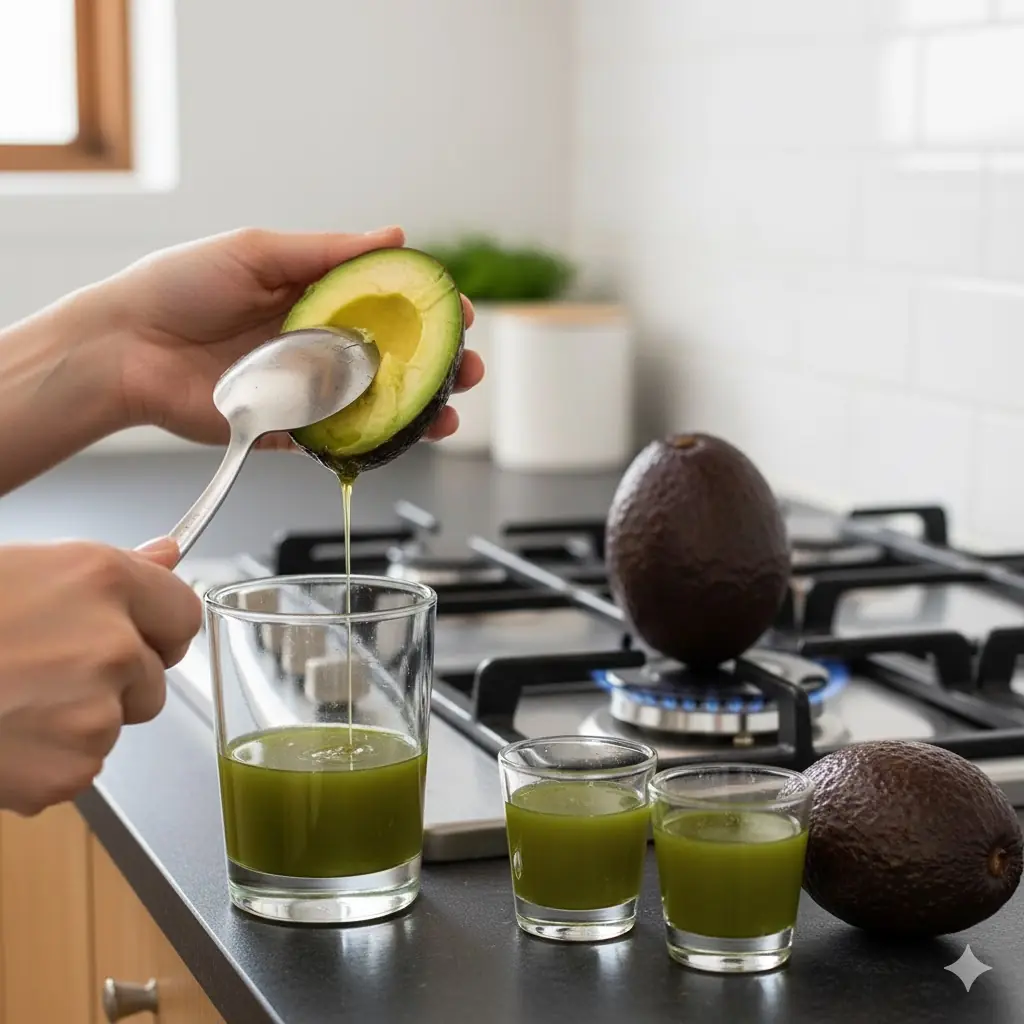
Here’s the secret why everyone puts avocados on the fire!
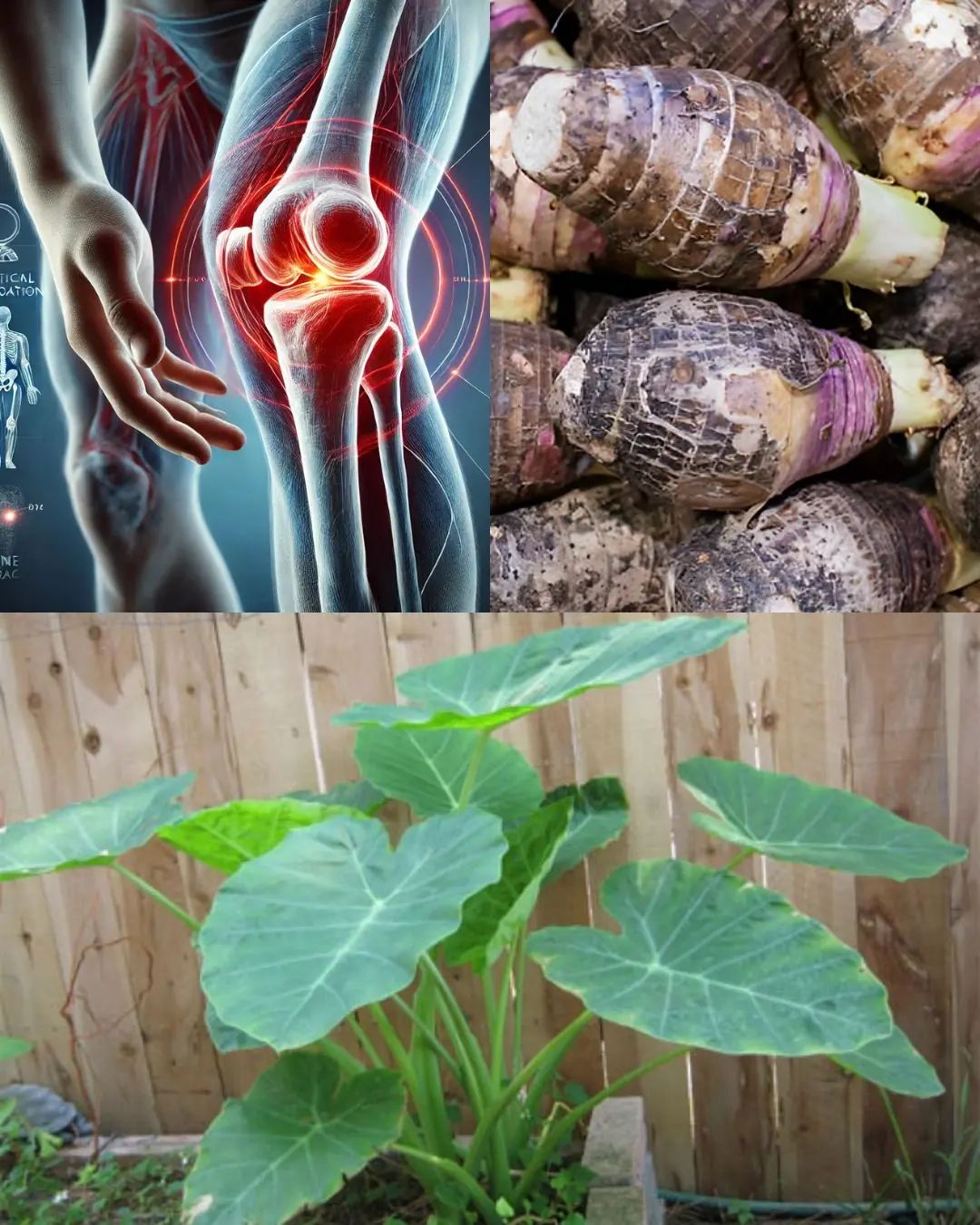
Taro Root: The Ancient Superfood Transforming Health and Sustainability

Canker Sores Are The Absolute WORST…Here’s How To Get Rid of Them Fast!

U.S. Life Expectancy Lags Behind Other Wealthy English-Speaking Nations — The Contributing Factors

5+ Things Your Feet Can Reveal About Your Health (That You Shouldn’t Ignore)
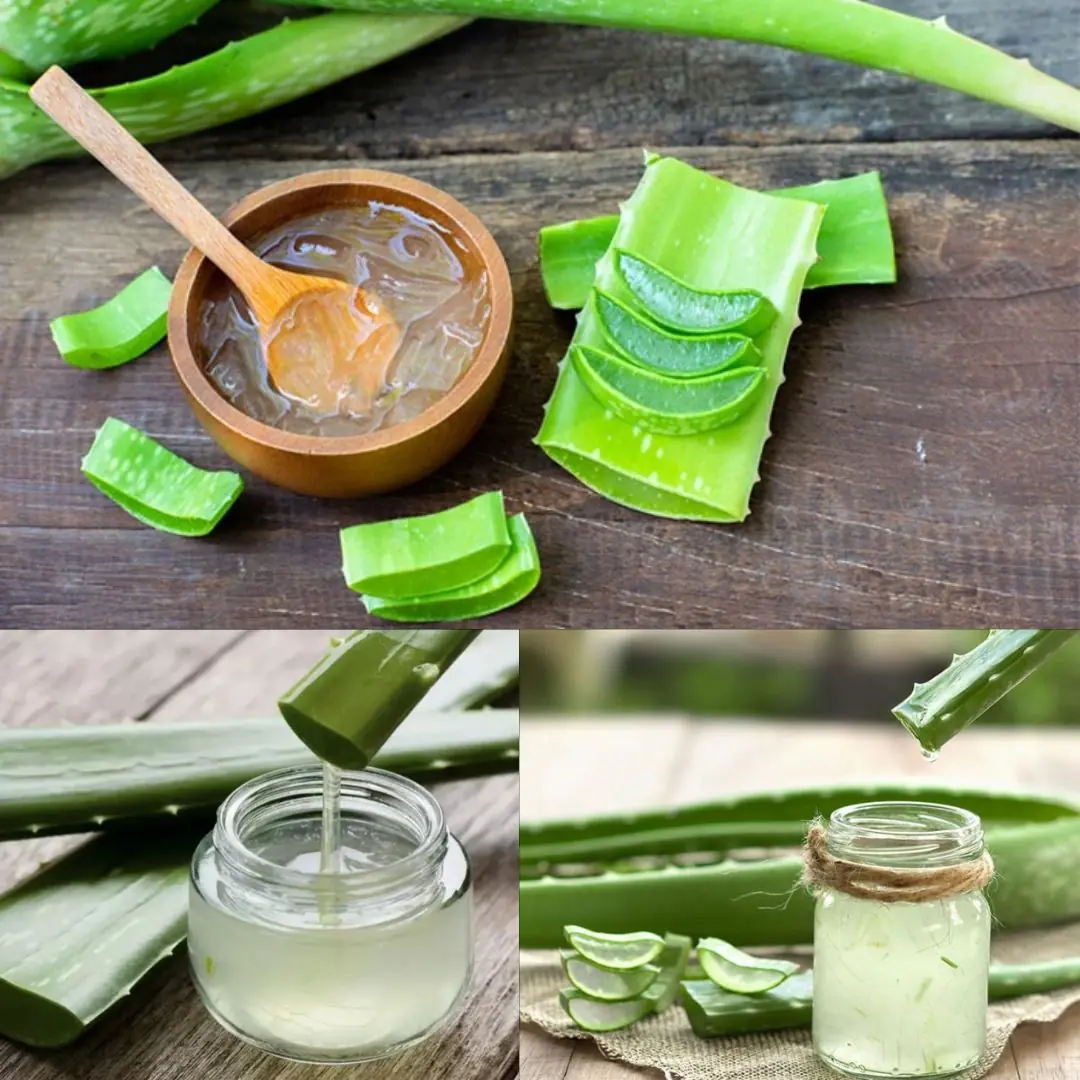
The Aloe Vera Gel Is Not the Only One Very Useful

The 1,300-Year-Old Loaves That Brought the Words “I Am the Bread of Life” to Life

Student, 21, died just days after getting what they thought was ‘fresher’s flu’ as family issue warning

Grieving Mother Bear Hunts Wolves in Chilling Act of Revenge

The Stray and the Green Triceratops: A Toy That Became a Lifeline

Thrown Away, Yet Still Breathing: The Heartbreaking Rescue of a Puppy Named Kiss
The Dog Who Carried a Toy—and Found a Family’s Love

How to Use Hà Thủ Ô to Promote Hair Growth and Give You Dark, Smooth Hair

A Fruit Called the “Best of the 21st Century” — Grown in Many Vietnamese Gardens, Yet Rarely Eaten
